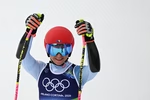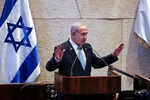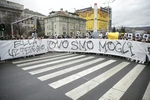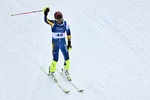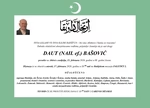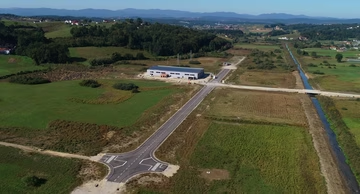Bosniak Presidency member meets head of European People’s Party
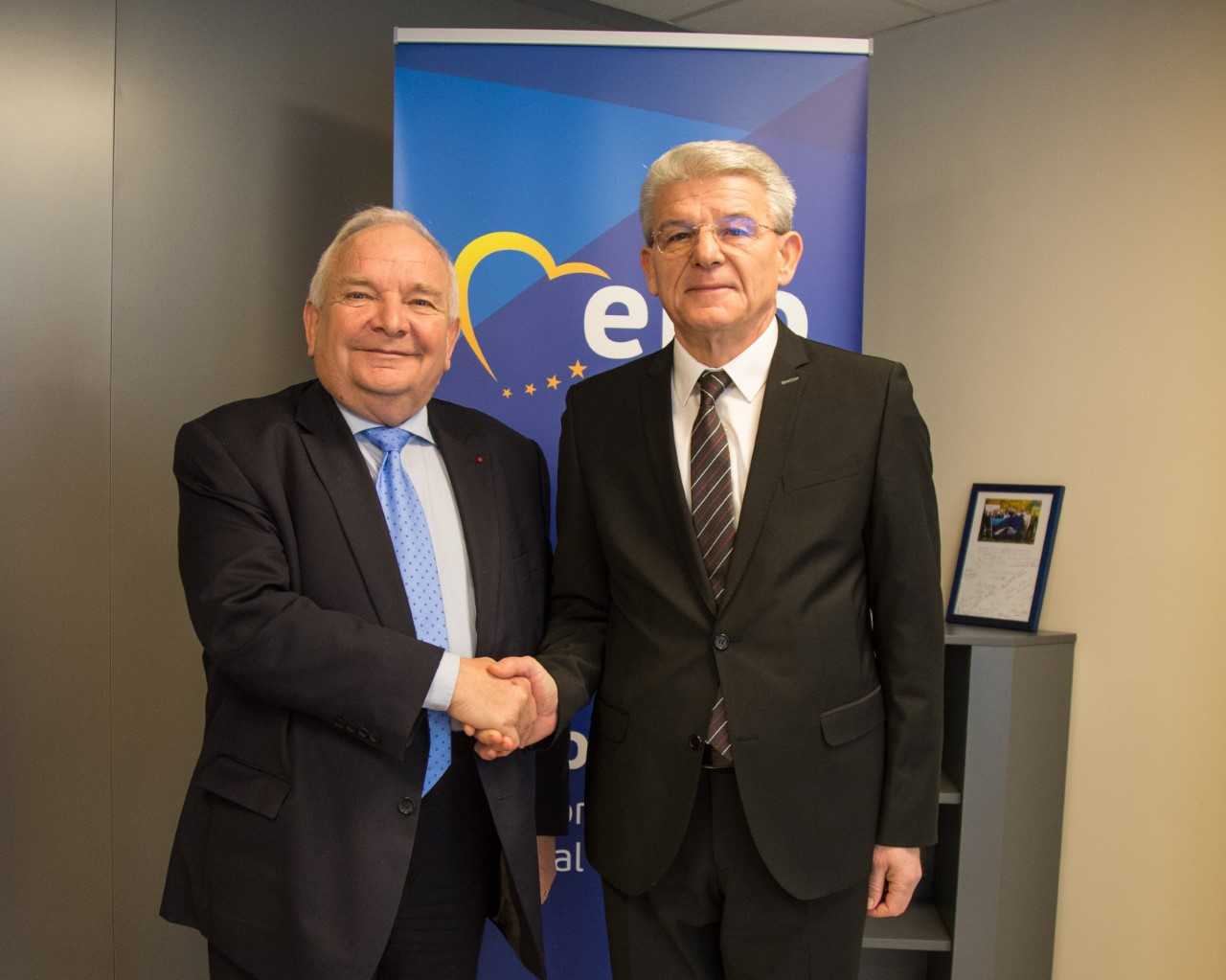
Bosniak member of Bosnia’s tripartite Presidency Sefik Dzaverovic, met in Brussels, with the head of the European People’s Party Joseph Daul and spoke of the complicated government formation process, after the October general election and attempts to use this process to stop Bosnia’s NATO integration process.
Oglas
Dzaverovic noted that Bosnia’s NATO integration process could never be separated from its EU path and informed Daul of earlier announcements of politicians from the Serb dominated Republika Srpska (RS) entity that they would not respect the earlier-adopted laws, conclusions and Bosnia’s foreign-policy goals.
Bosnia and Herzegovina has a rotating tripartite Presidency representing each of its major ethnic group, Bosniaks, Serbs and Croats, and its two entities.
The Serb Presidency member, Milorad Dodik, said he would not support Bosnia’s NATO accession process without the support of the Republika Srpska (RS) entity National Assembly (RSNA), which objects to Bosnia’s NATO membership.
Oglas
The Council of Ministers Chairman-elect, Zoran Tegeltija, who comes from the same party as Dodik, the nationalist Alliance of Independent Social Democrats (SNSD), said he too would not work on Bosnia’s NATO accession without the RSNA support.
This prompted the Croat and Bosniak members to say they would not vote for Zoran Tegeltija before the NATO accession is unblocked.
Bosnia is due to make its Annual National Programme (ANP), a precondition for the activation of the Membership Action Plan (MAP) for NATO, but with Tegeltija saying he would respect the RS’ decisions, the ANP is now brought into question.
Dzaferovic and Daul agreed that the rule of law is of critical importance and a crucial European standard which all the countries aspiring to EU and NATO integration must respect.
Oglas
Since Dzaferovic is a member of the Democratic Action Party (SDA), the strongest Bosniak party in the country, which is part of the EPP, the two agreed to intensify their cooperation in the coming period.
Kakvo je tvoje mišljenje o ovome?
Učestvuj u diskusiji ili pročitaj komentare
Oglas
Kakvo je tvoje mišljenje o ovome?
Učestvuj u diskusiji ili pročitaj komentare
Oglas





 Srbija
Srbija
 Hrvatska
Hrvatska
 Slovenija
Slovenija










